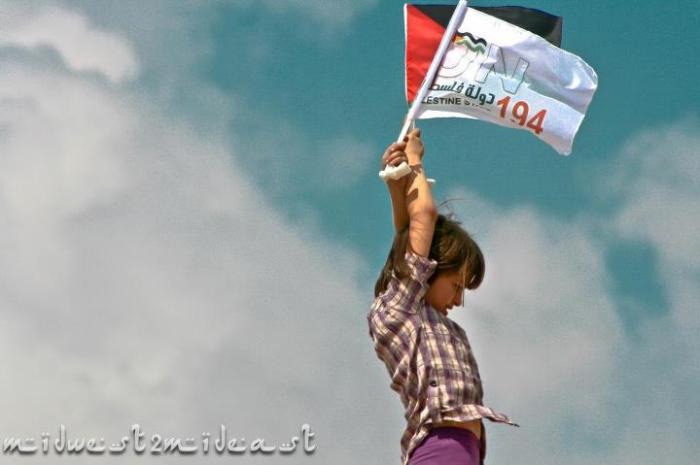Settlers have begun removing illegally built recreational structures near the disputed Ein al-Kis well in the Nabi Salih area, the state informed the High Court of Justice during a hearing on Thursday.The state said it would provide a progress update on the removal of the structures within 30 days.The hearing was one in a series involving a June 2011 petition against the well, filed by Yesh Din on behalf of the villagers of Nabi Salih and Deir Nidam, for removal of the recreational area that residents of the Halamish settlement built nearby. An earlier petition against the well was also filed by Yesh Din in December 2010.According to Yesh Din, the controversy started about three years ago, when Jewish settlers from the West Bank settlement of Halamish attempted to take over the well by turning it into a tourist and recreational site and by building illegal structures around it.
Yesh Din said that recently a new pool was excavated near the well, whose walls were lined with concrete, ignoring the impact on any potential archeological finds.
In the first petition, Yesh Din said the land was private Palestinian land and the new recreational facilities were an attempted land-grab, preventing Palestinians from accessing their land.
Following Yesh Din’s filing of the first petition, the settlers and the state responded by having the site declared an archeological site in March 2011.
According to Yesh Din, the March 2011 response by the state also recognized an obligation to guard the status quo on the land, to comply with Israel’s obligation under international law to preserve historical sites.
That announcement led Yesh Din to withdraw its first petition, under the rationale that the declaration of the area as a historical site meant an end to the illegal building.
But Yesh Din eventually filed the current petition saying that the settlers were building again, harming the archeological site and violating their earlier commitment with their recreational construction.
Besides the case before the High Court, the controversy has led to weekly demonstrations by the Nabi Salih villagers, frequent altercations between the villagers and the IDF, and even some deadly incidents.
Eventually, the IDF started to prevent Palestinian villagers from approaching the well, as well as a newly created security zone near the well.
In November 2012, during Operation Pillar of Defense, Rushdi Tamimi was killed while the IDF was trying to do crowd control of an anti-war demonstration.
The Tamimi family is one of the most important in the village, and includes protest leader Bassem Tamimi, who has been arrested repeatedly by Israel, and Mustafa Tamimi, who died after being hit in the face by a tear gas canister while chasing an IDF jeep during a protest in December 2011.
At an earlier hearing on September 5, 2012, the court issued an interim order prohibiting the Halamish settlers from doing any additional building in the area of the well.
Recently, the settlers filed a formal request to build recreational structures around the well, but the request was denied.
According to Yesh Din, the state itself said in hearings related to the current petition that the settlers had failed to prove that they owned the land where they wished to build.
It also said that the land was outside the designated area for building relating to the Halamish settlement.
Yesh Din attorney Shlomi Zachariah praised the state for starting to enforce the law “regarding the illegally built structures” that were pushing more “Palestinians off their land.”
Zachariah criticized the state for what he called the delay in enforcement, but added it was “better late than never.”
Tovah Lazaroff contributed to this article.





